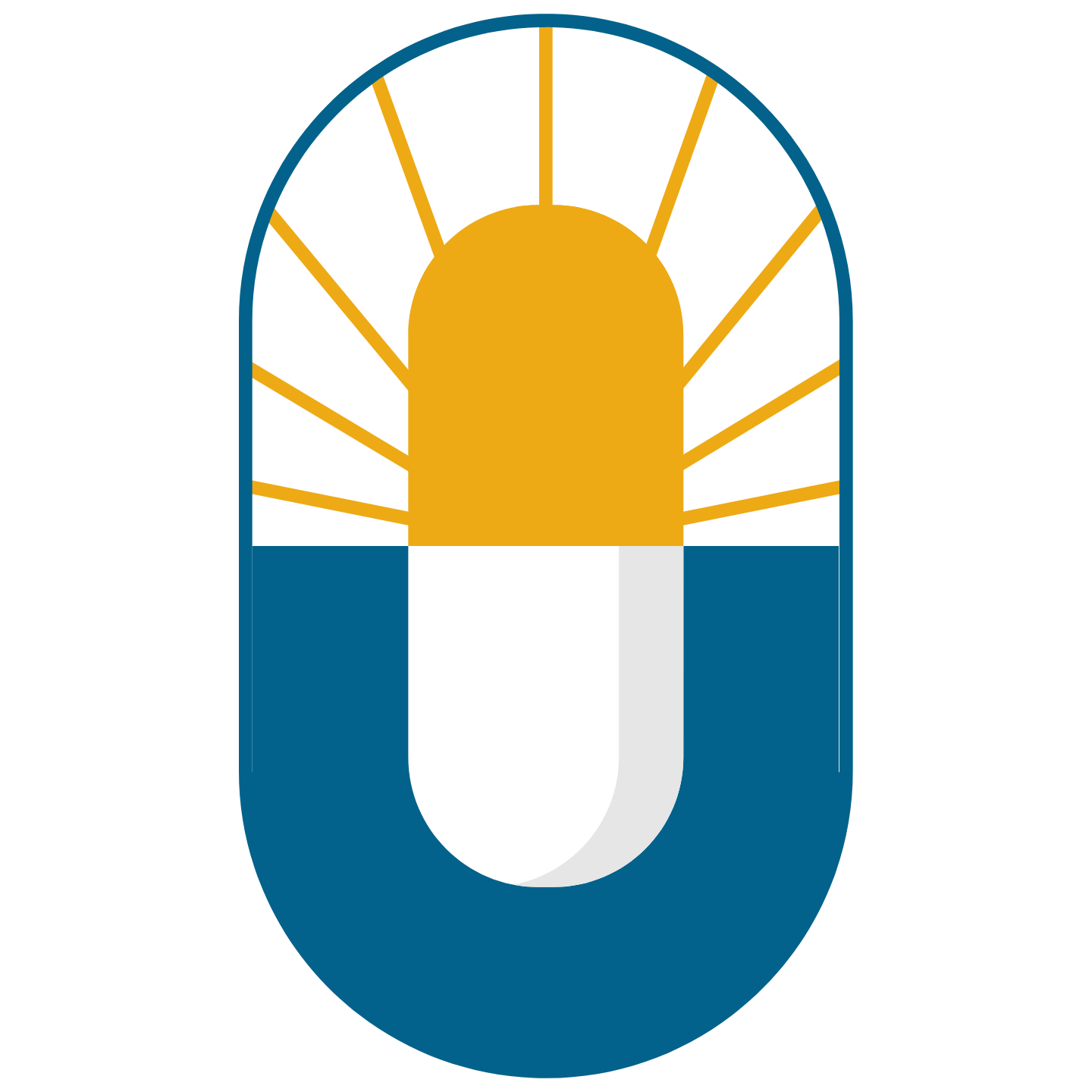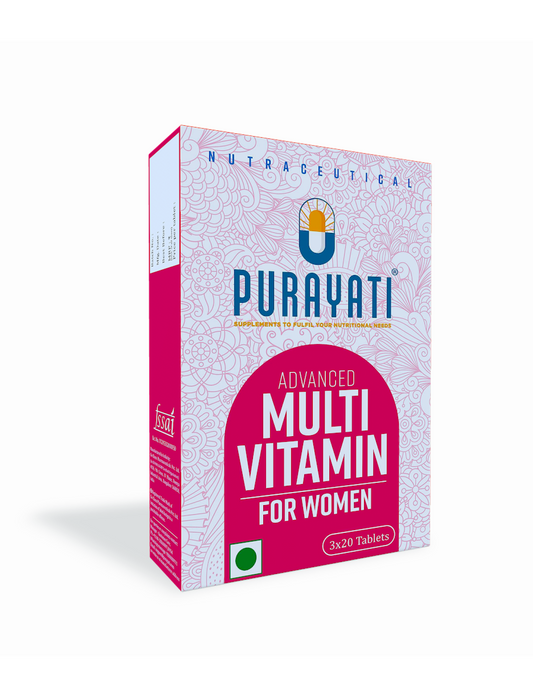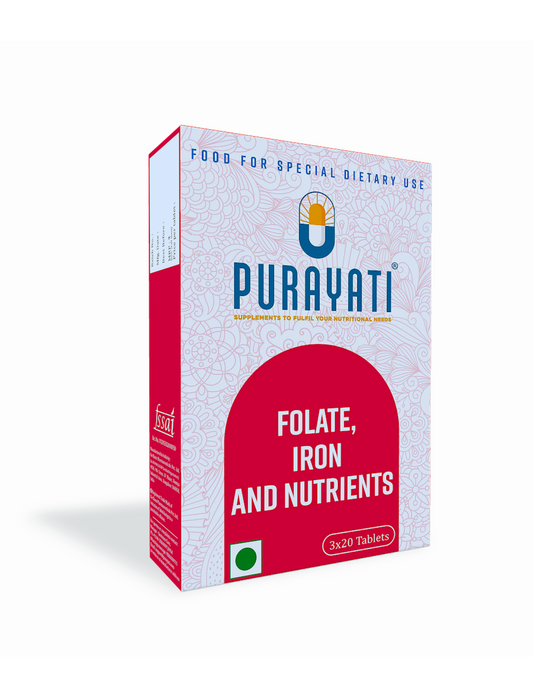There is a growing awareness about the various benefits of a plant-based diet. More people are adopting a plant-based diet that has few or no animal products and consists of mostly or entirely of food derived from plants such as vegetables, fruits, nuts and seeds, tubers, legumes, and whole grains. Various research studies have shown that a plant-based diet reduces risks of diabetes, heart diseases, depression, and certain cancers including breast, prostate, and colon. In older people, intake of the vegetarian or vegan diet has been associated with better physical and mental functions.
However, there are concerns that a plant-based diet might lead to a deficiency of certain vitamins. Though vegans and vegetarians get a lot of nutrients from plant sources, some essential vitamins such as vitamin B12 get skipped in such diets. Vitamin B12 is abundantly found in fish, milk, eggs, and meat and there is not enough information about plant-based sources rich in vitamin B12. As a result, people consuming a plant-based diet need to supplement it with multivitamin tablets.
Type of Vitamins and Minerals to be Supplemented with A Plant-Based Diet
- Vitamin B12: Several studies have revealed that vegetarians and vegans have high risks of vitamin B12 deficiency. Vitamin B12 is an essential vitamin, required for the maintenance of the nervous system, protein-metabolism, and formation of red blood cells. Deficiency of vitamin B12 can lead to infertility, anaemia, damage to the nervous system, and heart and bone diseases. For adults, the recommended daily intake of vitamin B12 is 2.4 mcg per day.
- Vitamin D: Deficiency of vitamin D can occur to vegans, vegetarians, as well as to omnivores. Regular and moderate exposure to the sun can help fulfil the vitamin D requirement of the body. Sunlight can help in synthesizing vitamin D in the body. There are very few foods though that naturally contain vitamin D. The recommended dietary allowance for vitamin D for adults and children is 15 mcg per day. Studies have revealed that the deficiency of vitamin D is a major problem across the globe and can be attributed to a busy lifestyle and little outdoor time. Deficiency of vitamin D can severely affect bone health and results in rickets in children and osteoporosis among adults.
- Lodine: Iodine is not an essential nutrient for plant growth and the presence of iodine in plants depends on the type of soil. Seaweeds and plants grown near shorelines are rich in iodine. Research studies have suggested that vegans are at risk for iodine deficiency. The deficiency of iodine can hamper the functioning of the thyroid and affect metabolism. The RDA for iodine in adults is 150 mcg per day. In pregnant and lactating women, daily intake of 290 mcg is recommended.
- Iron: Iron is one of the vital minerals required by the body to make red blood cells and is an important component of haemoglobin. About two-thirds of the body’s iron is represented by haemoglobin. The deficiency of iron can lead to anaemia, resulting in the weakened immune system. Compared to adult men, adult women require more iron in their diet. The recommended dietary allowance for adult women is 18 mg per day. Animal proteins contain heme iron whereas plants contain non-heme iron. Non-heme iron is not as easily absorbed by the body as heme iron, and hence, vegans and vegetarians are advised to take a diet rich in iron-fortified cereals, green leafy vegetables, whole grains, and dried fruits, along with vitamin C to increase absorption of non-heme iron.
- Calcium: Calcium is imperative to maintain the health of bones and teeth. While vegetarians taking milk from animal sources compensate for their dietary requirement for calcium, vegans depending on soy milk or almond milk have been found to consume lesser calcium. It can be attributed to the fact that cow’s milk has more calcium than soy milk. As a result, vegans are at a higher risk of osteoporosis and bone fractures.
- Zinc: Zinc is needed for strengthening immune function, repairing cells, and overall metabolism in the body. The deficiency of zinc can lead to delayed healing of cuts and wounds. Some plant foods have zinc, however, the absorption of zinc from plant foods can be limited due to phytate. It has been observed that the amount of protein in a diet helps in the absorption of zinc. Therefore, vegetarians and vegans are recommended to eat legumes, nuts, and seeds to prevent deficiency of zinc.
- Magnesium: Magnesium is required by the body to metabolize calcium and it helps in absorbing other minerals and clotting of blood. In a plant-based diet, consumption of green leafy vegetables, nuts, whole grains, and legumes can take care of the intake of magnesium.
- Selenium: Selenium has a vital role in the functioning of the thyroid and overall metabolism. As anti-oxidant, it helps in countering the effects of oxidative stress in the body. The requirement of this mineral by the body can be fulfilled by the consumption of whole grains, fruits, vegetables, and cereals.
Multivitamin Supplements to Look for Vegans and Vegetarians
For vegans and vegetarians, it is necessary to supplement the diet with multivitamins to lower risks of certain vitamins and mineral deficiencies. While buying multivitamin supplements, there are certain aspects to look for regarding compositions.
- Supplements should contain vitamin B12 and iron.
- Supplements should not have any components derived from animals.
- The organic composition of multivitamin supplements, compliant with recommended dietary allowance (RDA) levels of vitamins and minerals, containing non-GMO, gelatin-free and gluten-free derivatives.
Purayati’s Multivitamin Supplements for All Age Groups
Purayati’s Multivitamin tablets for adult and senior men and women have been formulated keeping in mind the growing prevalence of vitamins and minerals deficiency among the urban population in India. Research studies have reflected the lack of vitamins and minerals in the diet of urban adults. Purayati aims to fulfil the nutritional requirement of adults in India through various multivitamin supplements. The compositions of Purayati’s multivitamin tablets have been developed considering the recommended dietary allowance (RDA) and are manufactured at a well-equipped FSSAI and ISO 9001: 2008 certified plant. The products are 100% vegetarian and have no side effects.




